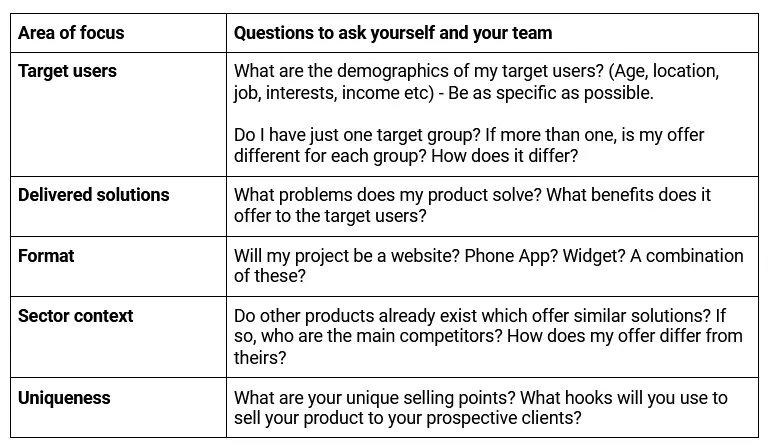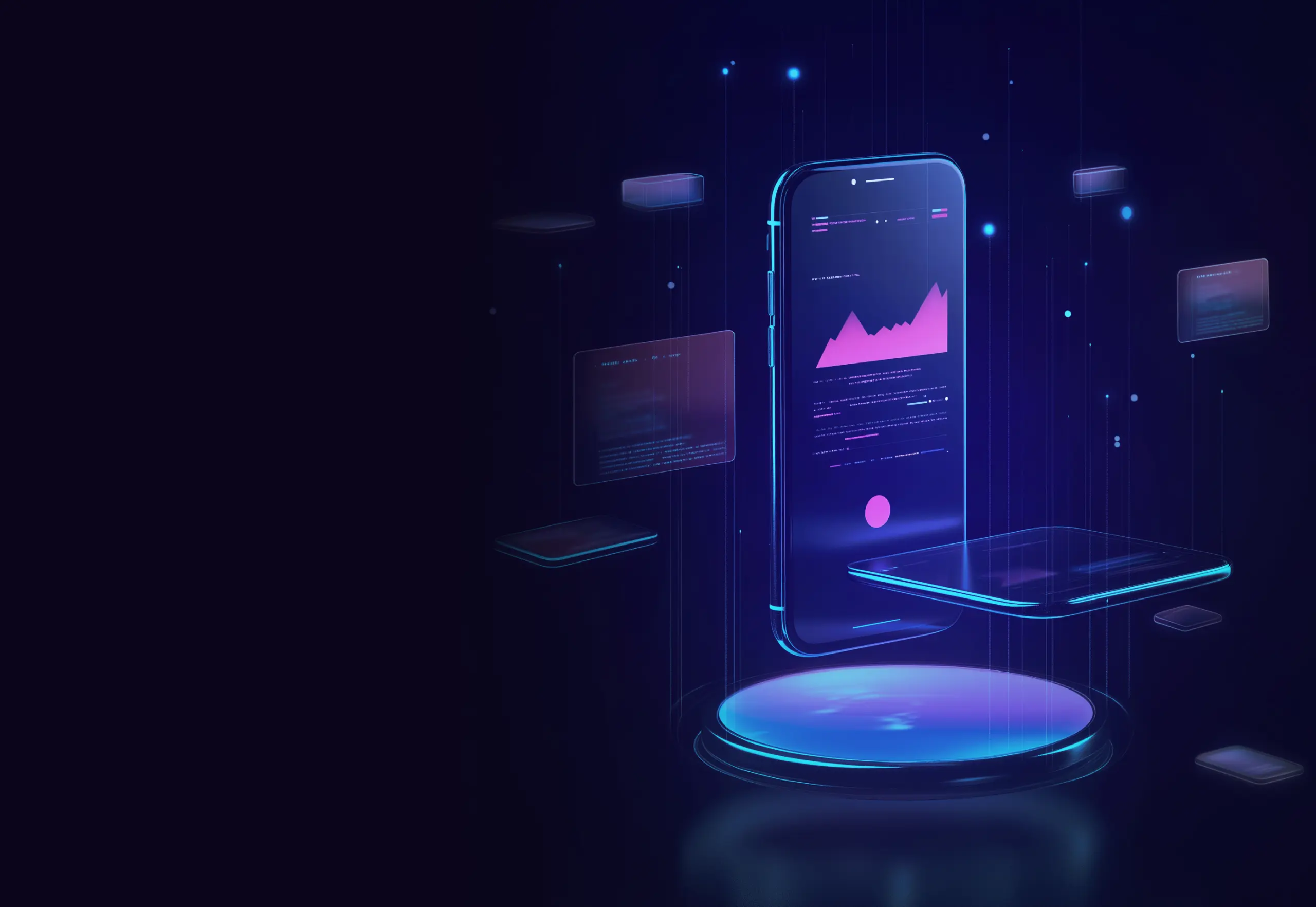5 steps for preparing to outsource your product to a software house
04.01.2021 | 5 min read

Some time ago, we wrote an article about how to choose the agency partner, which featured all of the main questions that you should be asking in order to find an agency which truly fits your needs. We’ve worked with many clients over the years from ambitious start-ups to large enterprises and we’ve found that the most productive and effective relationships stemmed from great preparation on the client-side. In those cases where a company came to us with a clear understanding of their goals, their context and their timescale, we were able to efficiently mobilize our forces and build satisfying long term relationships, which went far beyond the creation of a single product.
We’ve found that the most productive and effective relationships stemmed from great preparation on the client-side.
This is why we thought it might be helpful to share our top tips on what you can do to prepare for outsourcing your digital product and give yourself the best chance of success:
1. Outlining your product concept
This is something that all companies will have done to some degree before even considering outsourcing, but before you reach out to prospective agency partners, make sure that you have thoroughly thought through the following questions. Here, it might be useful to look at your product from a design thinking approach.
The key principle of design thinking is starting with the problem that you’re trying to solve and focussing on your user needs.

Questions to consider:
- Who are our target users?
- What problem is our product looking to solve for our target user, or what goal or desire is it helping them to achieve?
- How can I make my product scalable and profitable?
2. Creating a detailed vision
Once you’ve established your product concept, it’s important to start working on a more detailed product vision. At 10Clouds we get a number of enquiries from clients, which simply state: ‘I’m looking to build a rental app similar to Uber? Or: ‘I want to create a new fintech platform.’ Both of these statements are fine, but what we really want to know is: Who are the target users of your rental app? Why is it unique? What solutions will your fintech app offer? Are there any competitors on the market who are already doing something similar? Have you thought about your user journey?
When you come to create this vision, it might be helpful to think about it in the following categories which you’ll then be able to share with the agency that you choose to work with. Of course, the more research you’ve done and the more detail that you’re able to provide, the better. Below, are some of the different elements that you might want to consider.

3. Defining your budget
We’ve worked with many different clients. Some are large scale enterprises launching a new product, who have a generous budget allocated for it, while others are start ups with naturally much tighter purse strings. Whatever the case, we would always encourage you to:
- Be honest about the maximum amount that you will be willing to spend from the beginning of any relationship with an agency - this will help you to avoid problems further down the line.
- Be realistic with your budget - While we do understand that budgets can be tight, most software houses will not agree to build you an app for a thousand dollars with the promise of shares in return. It’s worth doing your research on the rates that they charge on a reputable comparison website like Clutch.
- Do your research - Linked to the above point, it’s worth taking the time to carefully compare different agencies. Usually, the ones which quote higher rates are in strong demand. Note that reliable agencies won’t ever promise you something which they’re not confident they’ll be able to deliver.
4. Establishing timescales and deadlines
As with budget, it’s important to be realistic about your deadline. Many digital product owners want to launch as quickly as possible, but there must be enough time dedicated to each element of the software development process, including the testing phase, in order to avoid problems further down the line.
An MVP, a prototype or a fully functioning app? It’s important to consider the stages in which you want to build your product. If you’re looking to launch a fully operational app into the market as quickly as possible, that’s fine, but you might consider whether you would be better off creating a minimum viable product (MVP) first.
An MVP is particularly useful for mobile products. During the last 10+ years, our mobile development team at 10Clouds has delivered 30+ successful digital products to companies operating in a whole range of sectors, from healthcare to finance.
Our experience has taught us that starting with a Minimum Viable Product (MVP) is the best strategy for increasing the chances of that success.
If you would like to read more about the benefits of creating an MVP, and how it differs from a prototype app and other options such as Marvel, take a look here.

5. Agreeing your process of work
There are many ways of building a digital product, but you’ll find that most agencies offer the following:
Agile: The 10Clouds Agile approach involves fully utilising the advantages of Agile approach and the flexibility it provides. As Product Owner, you will define and together with the team refine the tasks, and arrange the functionalities in sprints. You’re able to quickly react and adjust the scope of the product to your changing needs, with the progress clearly visible each sprint.
Prioritized Scope: Our prioritized scope approach is based on Scrum, just as 10C Agile, but additionally uses the MoSCoW approach to formalise backlog management.
MoSCoW is a prioritization method in Agile project management. It aims to avoid a situation in which the requirements are not properly set from the start, or are set, only to later find that the customer needs have not been fully understood. MoSCoW stands for: ‘Must,’ ‘Should’, ‘Could’ and ‘Would’.
If you would like to read more about these, you can do so here.
To conclude
We hope that the above points have been useful in giving you an idea of the types of things you should prepare before seeking out an agency to partner with. They're likely to also ensure that the process of your work is much smoother and more effective.



